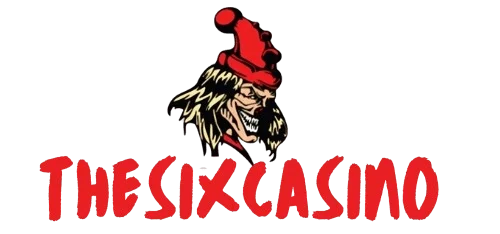When the history of handheld gaming is written, the Nintendo DS is often celebrated for its mass-market innovation and boundless creativity. Its rival, the Sony PlayStation Portable, carved out a different, equally important legacy: it was the portable device for the core gamer. Beyond its celebrated ahha4d JRPGs and colorful exclusives, the PSP hosted a surprisingly robust and often overlooked collection of gritty, mature, and deeply complex titles. This arsenal of experiences catered to an audience craving substance, challenge, and a console-like depth on the go, effectively proving that handheld gaming could be just as serious and hardcore as its home console counterpart.
The system became an unexpected haven for sophisticated tactical simulations and strategy games that demanded thoughtful engagement. While the SOCOM and Syphon Filter series delivered excellent third-person tactical shooters, it was titles like Field Commander and the exceptional Killzone: Liberation that truly defined this ethos. Liberation remains a standout masterpiece. It took the console FPS franchise and brilliantly reimagined it as a tense, isometric, squad-based tactical game. It required careful positioning, resource management, and strategic use of its fixed camera angles, offering a challenging experience that respected the player’s intelligence far more than the simplified fare typically associated with portable play.
Beyond the tactical realm, the PSP hosted a remarkable number of mature action-adventure and horror titles that felt truly groundbreaking on a handheld. The Silent Hill franchise delivered two original, atmospheric chapters—Silent Hill: Origins and the psychologically innovative Silent Hill: Shattered Memories—that successfully translated the series’ signature dread to the small screen. These games leveraged the system’s capable sound design and graphics to create genuinely unsettling experiences. Similarly, The 3rd Birthday, a fraught but fascinating entry in the Parasite Eve series, offered a complex, time-bending third-person shooter with a dark narrative. These titles demonstrated that the PSP could be a vehicle for nuanced, adult-themed storytelling and immersive dread.
Perhaps most importantly, the PSP became a vital platform for Western-style RPGs and complex Japanese imports that thrived on a dedicated, niche audience. Untold Legends: Brotherhood of the Blade offered a satisfying, Diablo-style action-RPG loot grind perfectly suited for portable sessions. From Japan, games like the tactical RPG Jeanne d’Arc and the intensely difficult, card-based Metal Gear Acid games found a welcoming home. These weren’t games designed for mass market appeal; they were crafted for a specific type of player who valued depth, challenge, and originality over broad accessibility. This collection of gritty, mature, and complex titles formed the backbone of the PSP’s identity as a truly core-gamer handheld, a legacy that continues to endear it to enthusiasts who sought more than just casual diversion from their portable device.
